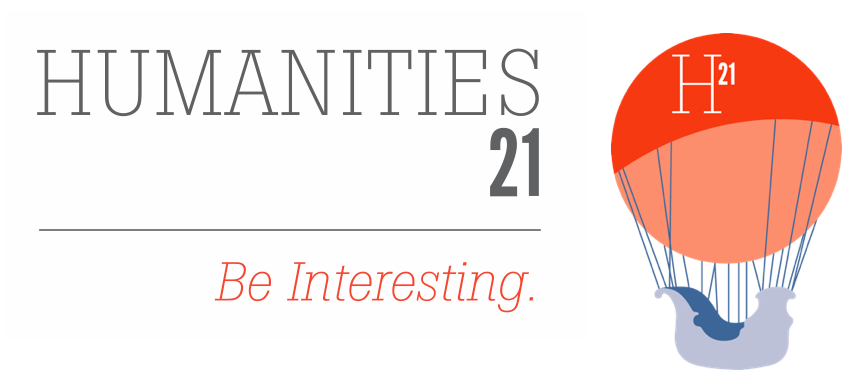The medical history of plagues is fascinating, writes Christopher Smith, Executive Chair of the Arts and Humanities Research Council (UK), but it is seldom the critical issue:
“What is more interesting is how people react to plagues and how writers describe their reactions. The account by the Greek historian and general, Thucydides (460-400BC), of how the Athenians responded to their virulent plague in the fifth century, directly or indirectly influenced how many later historians in antiquity described plagues. It set the pattern for a narrative of symptoms alongside social impact…
The history of COVID won’t just be the description of the virus and vaccine, or the mystery of whether it came from a bat or a lab. It will be the immensely complex story of how this disease intersected with our social behaviour, how we chose to respond as individuals and families, communities and politicians, nations and global agencies. What the best historians from Thucydides on have told us is that the biology of disease is inextricable from the social construction of illness and health.”
